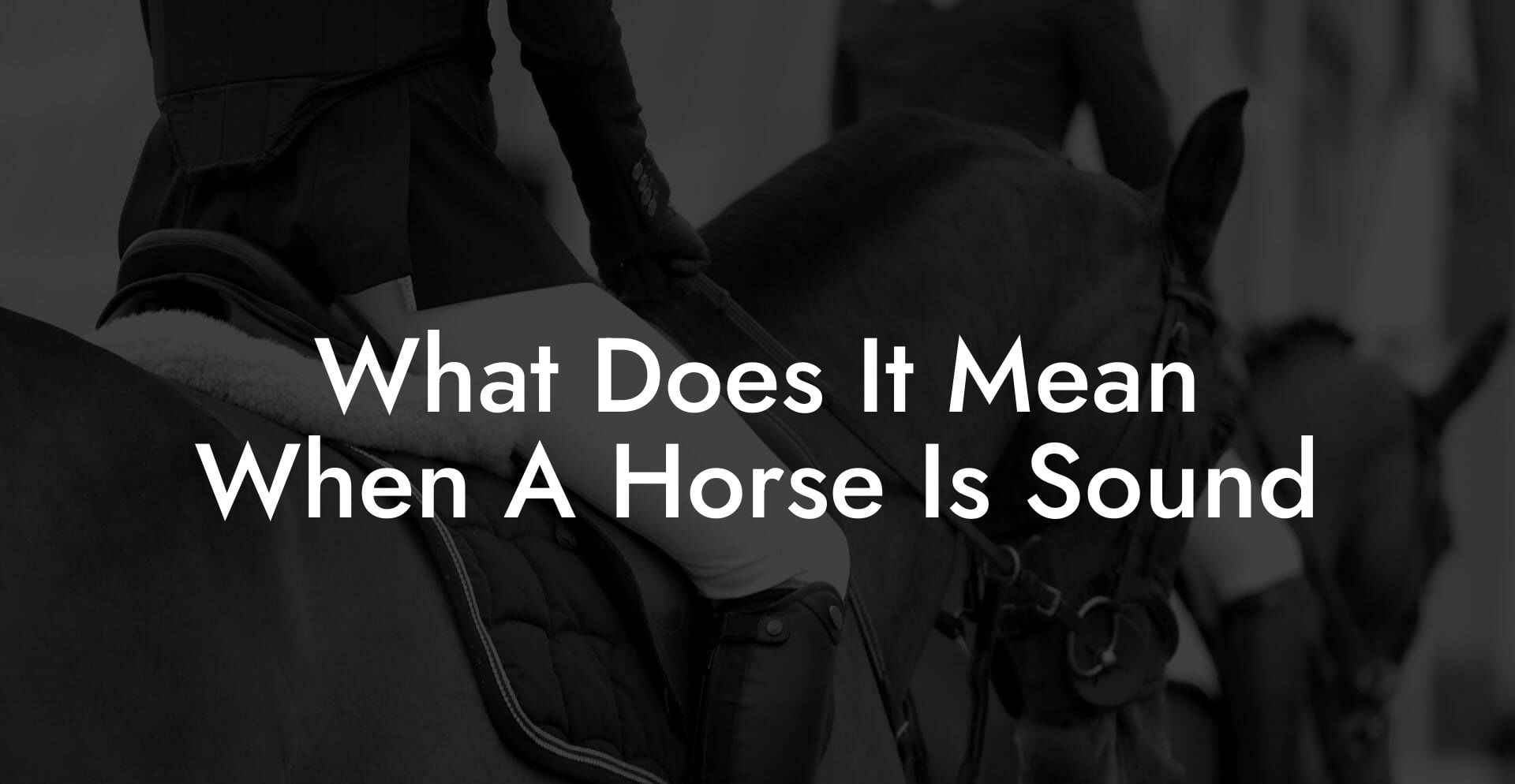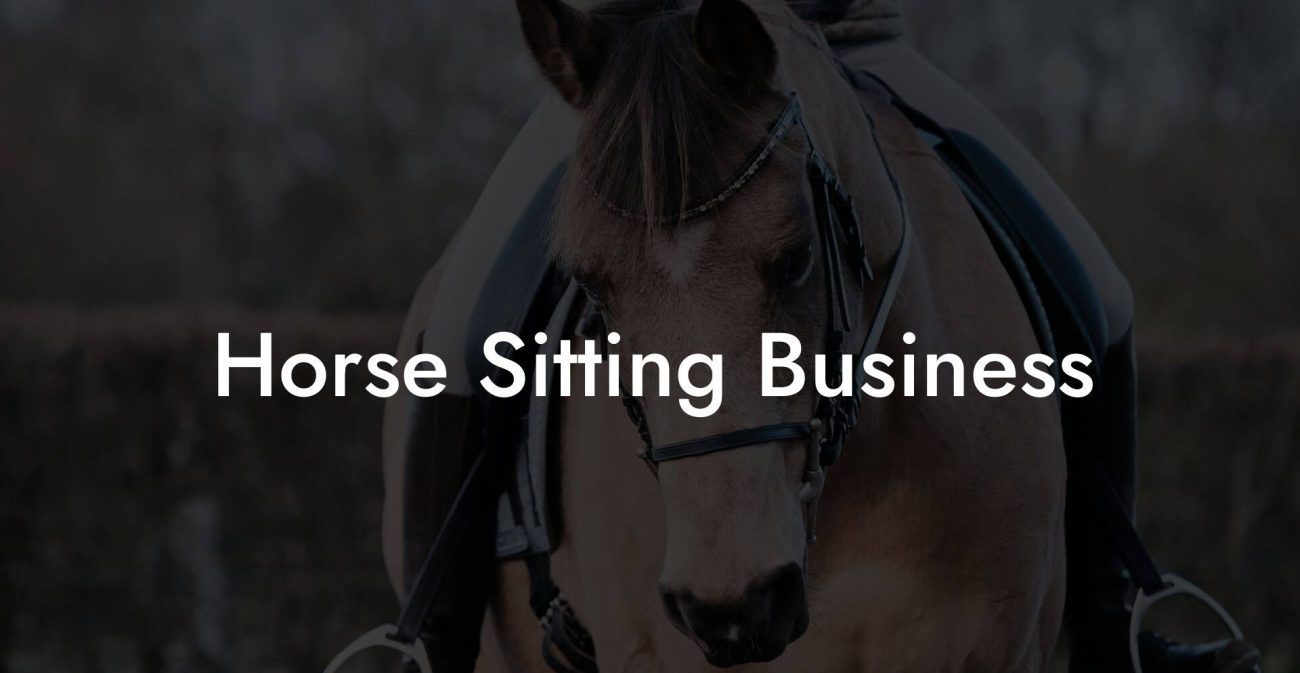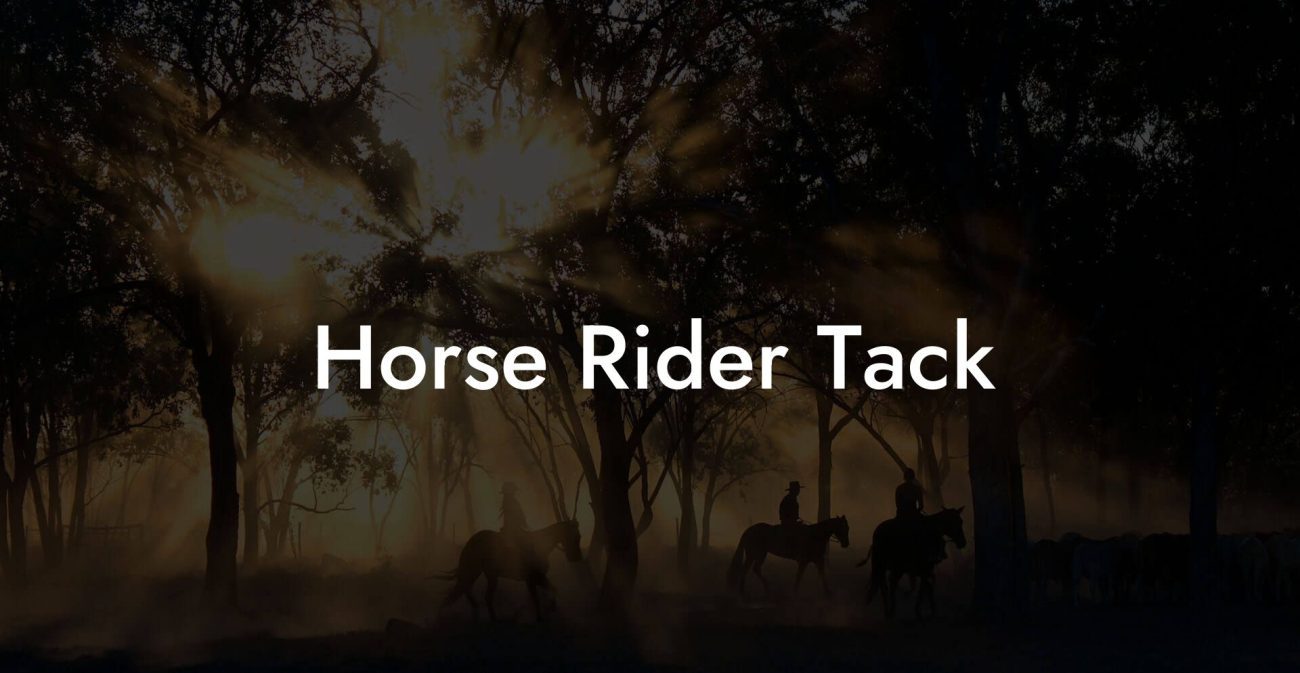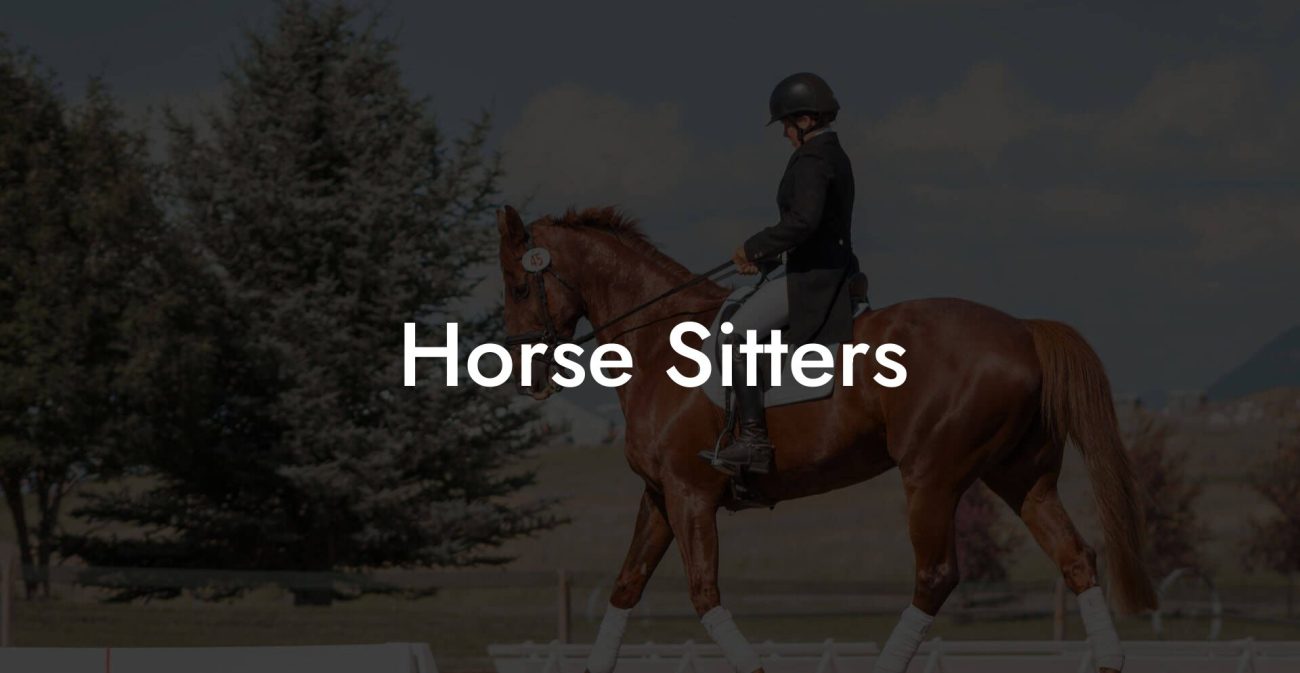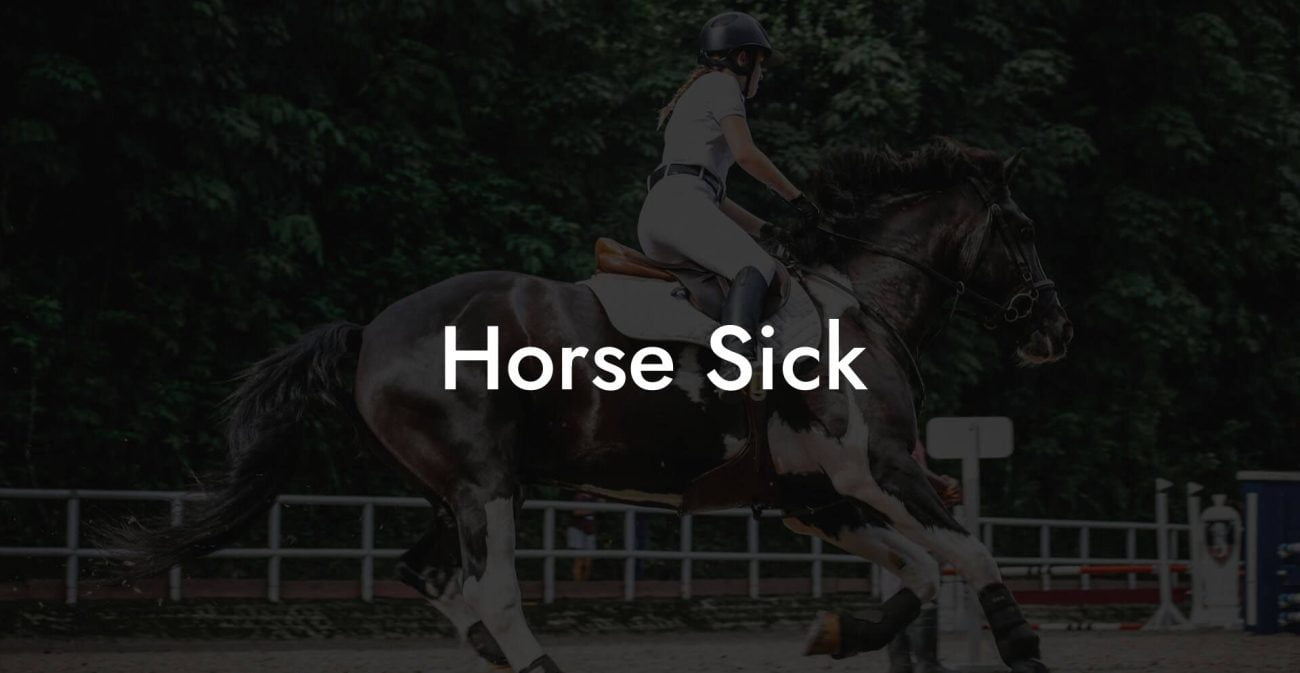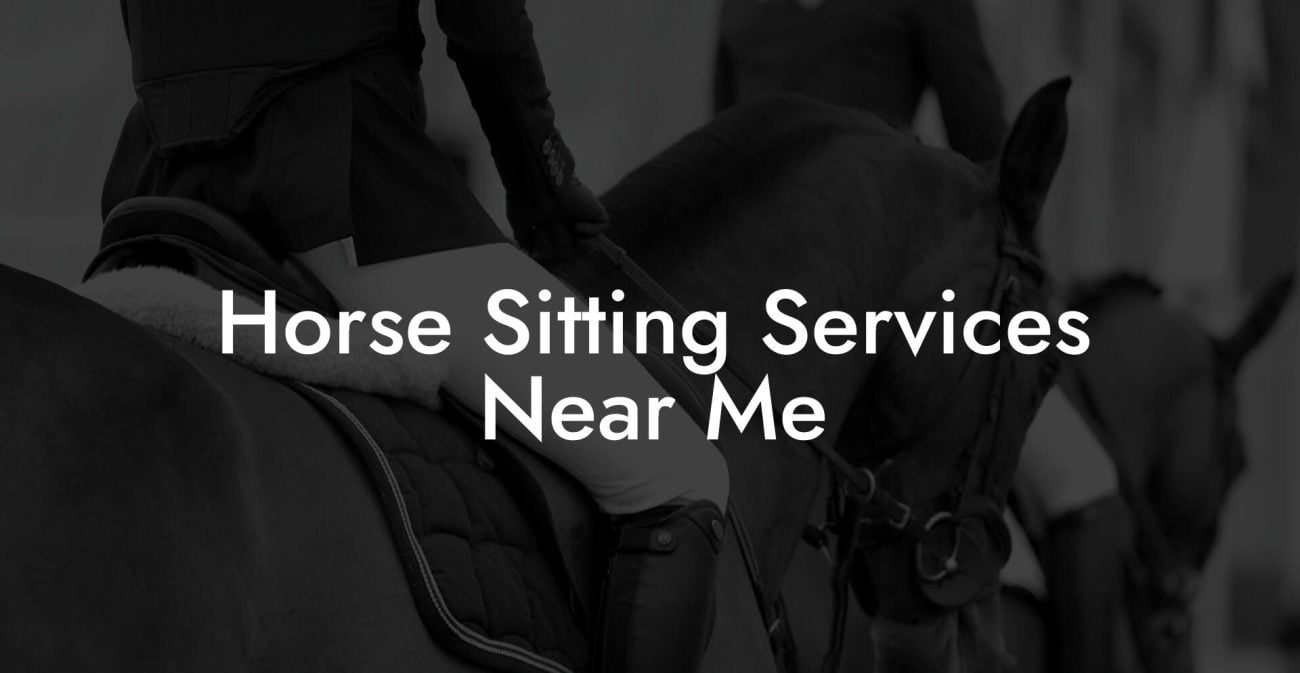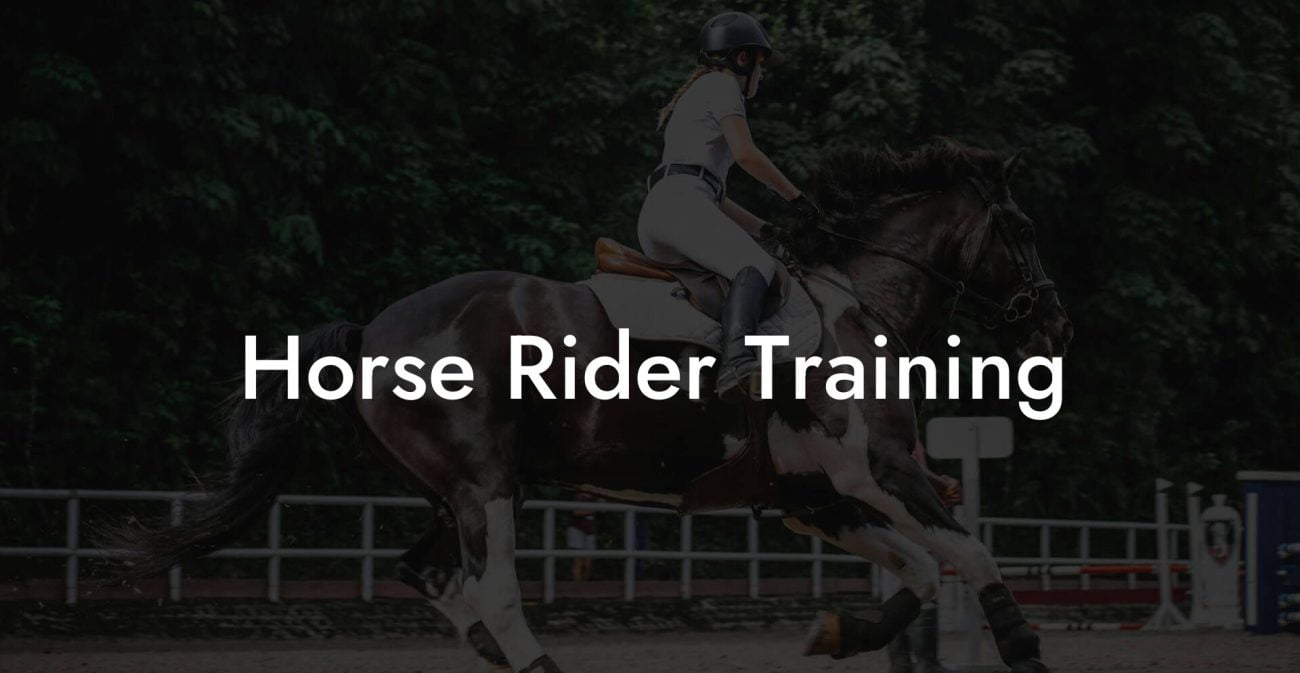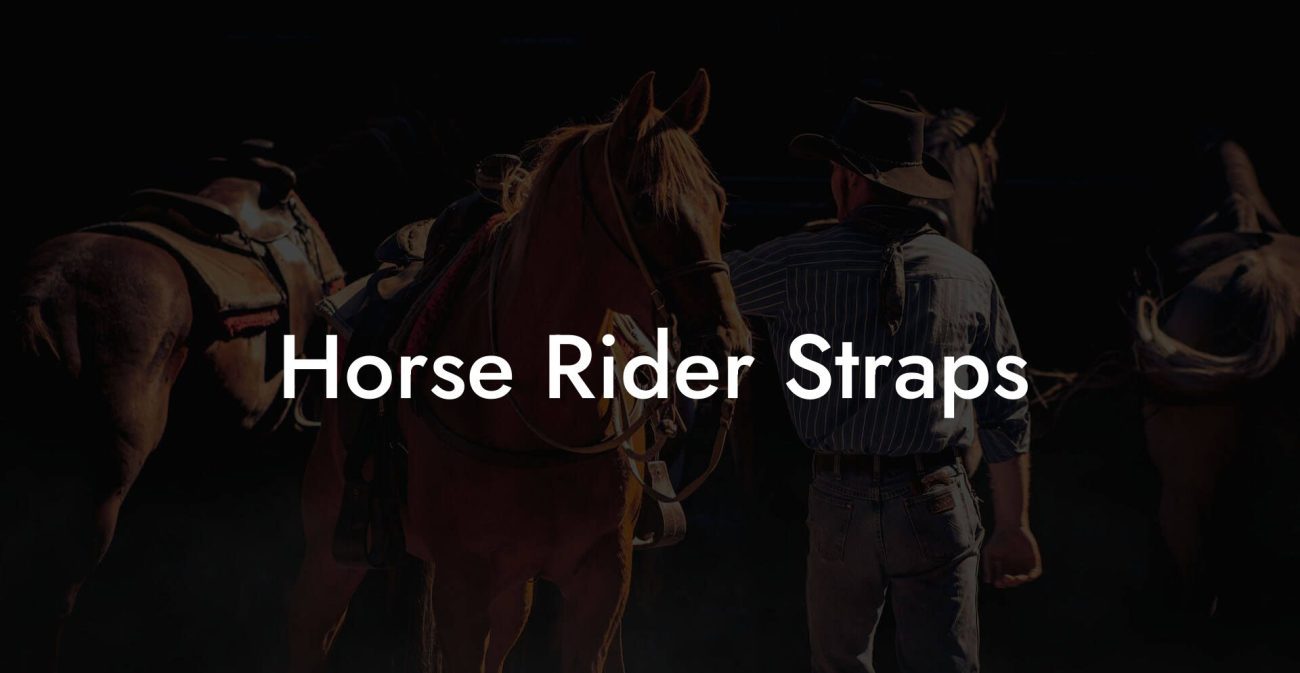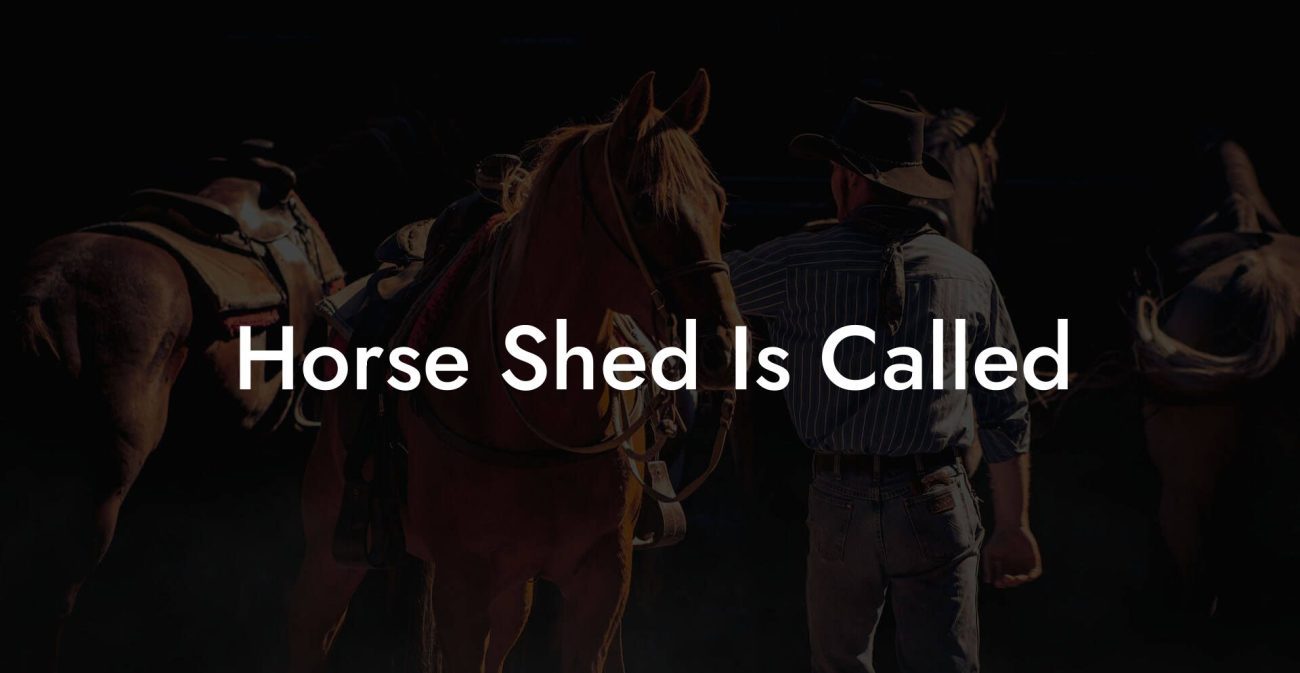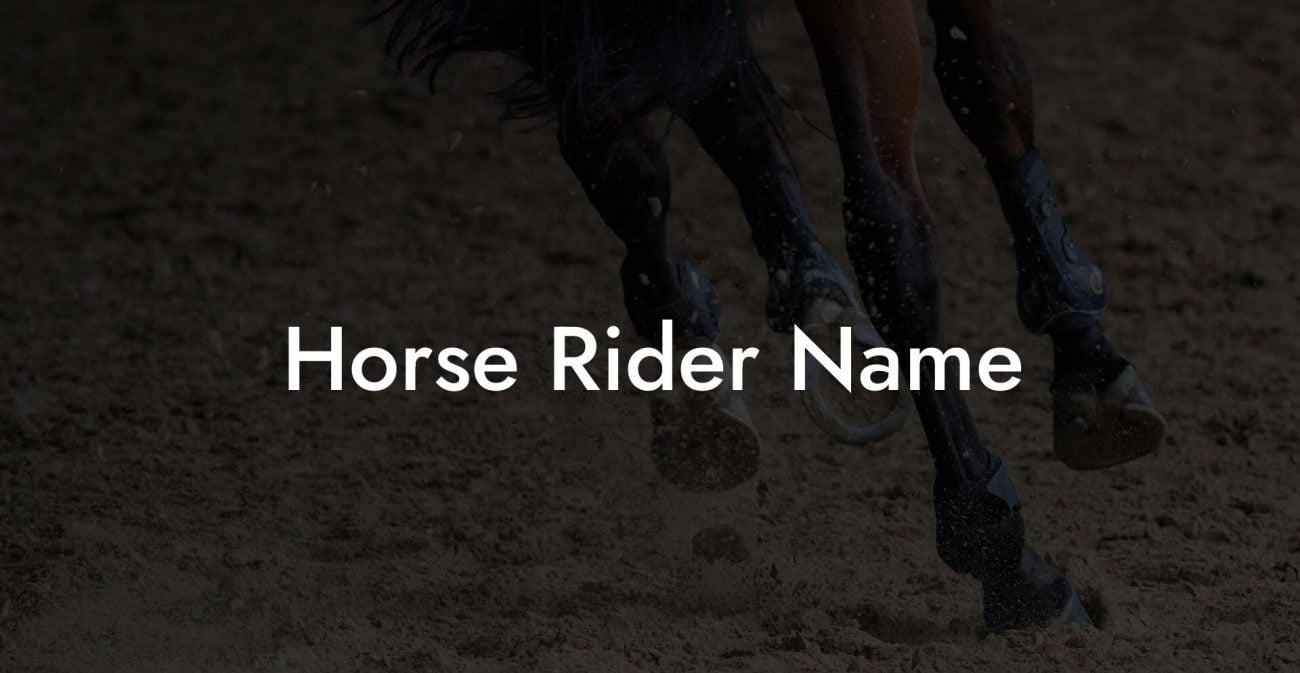When you say your horse is sound, you’re not dropping the latest beat on Instagram, you’re talking about a beautiful balance of health, movement, and overall well-being that makes your equine buddy a true champion of vitality. This isn’t about how many likes your post gets; it’s about ensuring that your four-legged friend can live its best life, trotting, cantering, and even casually galloping with a smooth, effortless grace that’s as contagious as your favorite viral dance trend.
Quick Links to Useful Sections
- What Does “Sound” Really Mean in the Equine World?
- Decoding the Anatomy of a Sound Horse
- The Importance of Equine Soundness: Beyond Just a Fancy Term
- Common Misconceptions About a “Sound” Horse
- Spotting the Signs: How to Tell If Your Horse Is Sound
- Movement and Gait
- Behavior and Demeanor
- Physical Appearance
- Hoof and Leg Condition
- Key Components to Building and Maintaining Equine Soundness
- 1. Regular Veterinary Check-Ups
- 2. Farrier Visits
- 3. Balanced Nutrition
- 4. Smart Training and Exercise
- 5. Rest and Recovery
- 6. Mental and Emotional Well-Being
- Lameness Exams and Diagnostic Tools: High-Tech Steps to Stay Sound
- Advanced Imaging Techniques
- Gait Analysis and Biomechanical Assessments
- Wearable Health Monitors
- Preventative Care: Keeping Problems at Bay Before They Begin
- Training Techniques That Contribute to a Sound Horse
- Interval Training
- Cross-Training
- Groundwork and Flexibility Exercises
- The Role of Nutrition and Supplementation in Equine Soundness
- High-Quality Forage
- Balanced Concentrates
- Appropriate Supplements
- Holistic Approaches to Equine Health: More Than Meets the Eye
- Massage and Physical Therapy
- Acupuncture and Energy Balancing
- Environmental Enrichment
- Real-Life Stories: Transformations That Define Soundness
- Resources and Community Support: Your Next Steps
- Integrating Technology With Traditional Care
- Creating Your Personalized Plan for a Sound Horse
- Step 1: Comprehensive Evaluation
- Step 2: Set Clear Objectives
- Step 3: Integrate Multidimensional Care
- Step 4: Build a Routine With Built-In Flexibility
- Step 5: Monitor Progress and Adjust
- Frequently Asked Questions About Equine Soundness
- Your Journey to a Sound, Thriving Equine Companion
What Does “Sound” Really Mean in the Equine World?
In the realm of horse care, describing a horse as “sound” is akin to giving a nod of approval to your favorite influencer’s aesthetic, everything is balanced and functioning the way it should. A sound horse is free from significant lameness, injury, or chronic issues that could compromise performance or health. Essentially, soundness is the gold standard of equine health, ensuring every hoof beat is in sync with the beat of a healthy life.
But what exactly contributes to this robust state? It’s a cocktail of meticulous care, proper nutrition, well-judged training, and regular medical check-ups that ensure your equine friend is not just surviving but thriving. And let’s be clear, when we say a horse is sound, we’re not just talking about its ability to compete; we’re celebrating a state of overall well-being that influences its mood, performance, and even its social behavior with other horses.
In simple terms, if your horse can walk, trot, canter, and jump without showing signs of discomfort or abnormal gait, it’s probably as sound as that catchy tune you can’t get out of your head.
Decoding the Anatomy of a Sound Horse
Just like assembling the perfect playlist, ensuring your horse is sound involves hitting all the right notes. At the core of equine soundness are several interlocking factors:
- Conformation and Structure: The building blocks of soundness. A horse with good conformation will have balanced proportions, strong limb alignment, and a structure that supports a lifetime of activity.
- Hoof Health: Think of hooves as the sneakers of your horse. They need regular care, trimming, and proper shoeing to ensure every step is a step in the right direction.
- Musculoskeletal Integrity: This covers the strength and flexibility of muscles, tendons, ligaments, and joints. A sound horse exhibits natural, fluid movement with minimal risk of injury.
- Neurological Coordination: Just as your smartphone needs a good OS, your horse’s nervous system ensures that your equine companion can react, balance, and coordinate movements seamlessly.
- Cardiorespiratory Health: Endurance and performance are tied to a robust heart and efficient lungs, enabling your horse to work, play, and frolic without missing a beat.
When each of these factors harmonizes, your horse isn’t just physically capable, it’s living proof of targeted, holistic care and smart management.
The Importance of Equine Soundness: Beyond Just a Fancy Term
Equine soundness is a critical indicator of a horse’s well-being, performance, and longevity. Just as a smartphone battery life can hinder its performance, any imbalance or dysfunction in a horse’s body can throw off its entire repertoire. Whether you’re a casual rider or a competitive show jumper, keeping your horse sound should be at the very top of your priority list.
For starters, maintaining soundness reduces the risk of lameness, a major cause of lost training days, veterinary bills, and, frankly, heartache when your horse isn’t performing at its best. A sound horse is less likely to develop repetitive stress injuries or aggravated joint issues, making it a worthy investment in terms of time, money, and emotional energy.
Moreover, soundness isn’t only about preventing injuries; it’s about nurturing a vibrant, energetic partner who can keep up with your adventurous lifestyle. In today’s world where Gen-Z and millennials gravitate toward experiences and holistic well-being, ensuring that your horse is sound means they can partake in every ride, trail adventure, and equestrian escapade with resilience and trust.
Common Misconceptions About a “Sound” Horse
The equine care community is abuzz with chatter, sometimes, unfortunately, it’s mixed with myths and misconceptions. One prevailing myth is that soundness means a horse is invincible or forever disease-free. Reality check: even the healthiest horses can experience minor aches or develop conditions that require a little TLC.
Another misconception is that soundness solely equates to flawless performance. Sure, athletic performance is a clear sign of a sound horse, but many gentle giants who serve as therapy horses or companions may not be high performers in the competitive sense, and yet, they are perfectly sound in their own right.
Finally, some people believe that only expensive or elite horses can be truly sound. The truth is, with proper management, care, and commitment, any horse can achieve and maintain soundness regardless of breed or training level. It’s all about knowing your horse, respecting its limitations, and working diligently towards continuous improvement.
Spotting the Signs: How to Tell If Your Horse Is Sound
It’s one thing to declare your horse sound, it's another to be able to spot the subtle signals it sends when in peak condition. Here’s what to keep an eye (and ear) on:
Movement and Gait
A sound horse exhibits smooth, balanced, and fluid movement. Watch for any irregularities such as a stiff or uneven gait, which may signify discomfort or injury. The secret is in the details: a slight limp, altered weight distribution, or even a change in stride length can be red flags.
Behavior and Demeanor
Just like you might notice if your friend is having an off day, horses give off behavioral cues when they’re not feeling their best. A normally energetic and willing horse may show signs of irritability, lethargy, or reluctance to train if something is amiss.
Physical Appearance
Look for any swelling, heat, or unusual sensitivity when inspecting limbs and joints. Muscular symmetry, a shiny coat, and clear eyes are not just Instagram-worthy, they are often indicators of sound health.
Hoof and Leg Condition
Healthy hooves are critical. Cracked or chipped hooves, along with inflammation around the shoe line, may indicate poor hoof care. Regular farrier visits and attention to hoof hygiene can help you keep these down to the bare minimum.
Key Components to Building and Maintaining Equine Soundness
Just as you wouldn’t neglect your car’s maintenance schedule, a sound horse needs ongoing, multifaceted care. Here’s what your equine wellness checklist should always include:
1. Regular Veterinary Check-Ups
Think of your vet as your horse’s personal health coach. Regular physical exams and timely vaccinations keep potential issues in check before they escalate into something more serious.
2. Farrier Visits
Hoof care is non-negotiable. Depending on your horse’s workload, schedule regular farrier visits to ensure proper trimming and shoeing. This not only maintains comfort but also helps prevent lameness and related muscular imbalances.
3. Balanced Nutrition
Nutrition is the secret sauce behind a sound horse. Provide a balanced diet rich in high-quality hay, grains, and supplements if necessary. For many horse owners, exploring grain-free and holistic feeding options has been as exciting as finding the perfect TikTok recipe.
4. Smart Training and Exercise
Exercise builds strength, agility, and endurance. However, overtraining or improper routines can lead to stress injuries. Work with experienced trainers who can tailor routines to your horse’s unique needs, ensuring that every workout contributes to long-term soundness.
5. Rest and Recovery
Just like binge-watching your favorite series requires a break between episodes, horses need downtime to rest, recover, and rejuvenate. Allow ample rest with a well-structured schedule that balances work and relaxation.
6. Mental and Emotional Well-Being
A calm, stress-free horse is more likely to be a sound one. Ensure your horse has a stable social environment and plenty of time to graze, interact, and simply be itself. In essence, a happy horse is a healthy horse.
Lameness Exams and Diagnostic Tools: High-Tech Steps to Stay Sound
The advances in equine veterinary technology have revolutionized how we ascertain soundness and catch potential issues before they escalate. Gone are the days of relying solely on a visual gait analysis; today’s high-tech arsenal includes:
Advanced Imaging Techniques
X-rays, ultrasounds, and even MRI scans are now common tools that help veterinarians get a closer look at your horse’s internal structures. These diagnostic methods can detect early signs of stress fractures, tendon issues, or joint abnormalities, ensuring prompt intervention.
Gait Analysis and Biomechanical Assessments
Borrowing technology from sports science, gait analysis tools use high-speed cameras and pressure mapping to analyze every step your horse takes. This data-driven approach lets experts fine-tune training routines, detect minor imbalances, and ultimately ensure that your horse’s movement remains as smooth as a well-edited viral video.
Wearable Health Monitors
With wearable tech becoming a staple in our digital lives, similar devices are now available for horses. These monitors track activity levels, heart rate, and even stress markers, providing continuous data that can signal when your horse needs a break or a boost in care.
Incorporating these diagnostic tools into your regular care regimen not only brings peace of mind but also cultivates a proactive approach to maintaining your horse’s overall soundness.
Preventative Care: Keeping Problems at Bay Before They Begin
Preventative care is the ultimate power move in the quest for equine soundness. By anticipating potential issues and nipping them in the bud, you set your horse up for a long, vibrant life without the setbacks of chronic injuries or debilitating pain.
Start with a comprehensive wellness plan that includes:
- Routine Exercise: Incorporate varied routines that build endurance, flexibility, and strength without overstressing your horse’s body.
- Regular Health Monitoring: Track behavior, movement, and even subtle signs of discomfort. Routine logs can reveal trends that may require adjustment in your care regimen.
- Holistic Nutrition Plans: Work together with equine nutritionists to design a diet that caters to your horse’s specific metabolic needs, ensuring optimal energy and recovery.
- Stress-Free Environments: Provide ample pasture time and social interaction to reduce stress, which can exacerbate minor issues into major problems.
Whether you’re an experienced rider or a first-time horse owner, resting on the laurels of past successes isn’t an option, continuous monitoring and preventative adjustments are key to sustained soundness.
Training Techniques That Contribute to a Sound Horse
In today’s fast-paced digital age, innovative training techniques are evolving faster than the latest tech gadget drop. For horse owners who see their equine companions as both athletes and soulful creatures, the training routine must be dynamic, adaptive, and mindful.
Here are some of the training techniques that help build and maintain a sound horse:
Interval Training
Much like the high-intensity interval training (HIIT) workouts that are trending on social media, interval training for horses involves alternating periods of high effort and recovery. This method builds cardiovascular strength without pushing your horse to the point of fatigue, reducing the risk of overuse injuries.
Cross-Training
Variety isn’t just the spice of life, it’s the secret ingredient to a resilient and balanced equine body. Incorporating different types of activities, such as dressage, trail riding, and even light jumping, ensures that various muscle groups are engaged while preventing repetitive stress.
Groundwork and Flexibility Exercises
Building a human-horse partnership that goes beyond mounted work, groundwork exercises improve communication, balance, and flexibility. Simple exercises like lunging, lateral movements, and stretching routines contribute to a well-rounded fitness regimen, fostering both physical and mental agility.
Combining these training methods can help your horse develop a robust musculoskeletal system, reduce injury risks, and build the kind of physical resilience that makes every ride enjoyable and safe.
The Role of Nutrition and Supplementation in Equine Soundness
Just as your body benefits from a balanced diet, so does your horse, arguably even more so, given the physical demands of equine activities. Nutrition plays a pivotal role in building muscle strength, ensuring joint mobility, and maintaining hoof integrity.
Key nutritional considerations include:
High-Quality Forage
The foundation of any equine diet is top-notch forage. Rich, fiber-dense hay or pasture provides essential nutrients and aids in maintaining gut health. For the eco-conscious rider, organic hay that’s free from chemicals is a bonus.
Balanced Concentrates
While hay might be the main course, a well-formulated concentrate feed ensures that your horse gets the necessary proteins, fats, and vitamins to power through its day. Think of it as the nutritious snack between your three main meals.
Appropriate Supplements
Depending on the demands placed on your horse, supplements such as omega-3 fatty acids, joint support formulas, and even herbal blends can provide that extra edge in maintaining soundness. Consultation with an equine nutritionist ensures that supplementation is both safe and effective.
The relationship between nutrition and physical performance is a two-way street: what you feed your horse can directly impact its recovery times, energy levels, and overall ability to perform. In essence, a well-fed horse is better equipped to handle the rigors of training and daily activities.
Holistic Approaches to Equine Health: More Than Meets the Eye
Modern horse care goes beyond the basics of feeding and grooming. An integrative approach to equine health considers mental, physical, and environmental factors, much like the holistic self-care practices that resonate with Gen-Z and millennial wellness enthusiasts.
Consider these holistic strategies:
Massage and Physical Therapy
Routine massages aren’t just for spa days. Equine massage therapy can relieve muscle tension, promote circulation, and help in identifying early signs of stiffness or pain. It’s like giving your horse a well-deserved massage after an intense workout.
Acupuncture and Energy Balancing
Some horse owners have turned to acupuncture as an aid in alleviating chronic discomfort or stress responses in their horses. This ancient practice not only improves physical balance but can also have calming effects, perfect for a horse that seems as wired as a millennial on a caffeine binge.
Environmental Enrichment
A lively, engaging environment can do wonders for a horse’s mental health. Whether it’s plenty of pasture time, interactive play with herd mates, or even thoughtful touches like varied terrain for exploration, the environment plays a crucial role in overall soundness.
Blending these holistic approaches with conventional care creates a robust framework for ensuring that your horse isn’t just surviving but is genuinely thriving in every possible dimension.
Real-Life Stories: Transformations That Define Soundness
The magic of equine care is best illustrated through the remarkable stories of transformation. Meet Stella, a once-retired show jumper who had been plagued by sporadic lameness and decreased performance. After a dedicated regimen, including regular farrier visits, tailored nutrition, and a personalized training plan, Stella’s spring returned, she was once again the epitome of soundness, prancing her way into local competitions with unrivaled enthusiasm.
Then there’s Rusty, a rescue horse with a traumatic past, who, through patient rehabilitation, holistic therapies, and lots of love from his new owner, evolved into a confident, graceful companion. Rusty’s journey isn’t just about physical recovery; it’s a testament to the transformative power of comprehensive care that addresses both body and soul.
These real-life case studies underscore a critical message: With the right combination of veterinary science, innovative training, and heartfelt care, every horse can rediscover its innate potential for soundness, no matter its history.
Resources and Community Support: Your Next Steps
Venturing into the world of equine care, especially for maintaining soundness, can feel as overwhelming as learning a whole new dance craze. But fear not, there’s a vibrant community out there ready to share advice, support, and a few laughs along the way.
Start by connecting with local equine associations, online forums, and social media groups where fellow horse enthusiasts swap success stories and troubleshoot issues together. Many veterinary practices and farriers offer workshops and webinars that demystify the latest in equine health technology, training techniques, and nutritional breakthroughs.
Additionally, numerous blogs, podcasts, and YouTube channels are dedicated to horse care, from nutrition hacks and innovative training routines to the latest trends in holistic management. These resources not only keep you informed but also inspire you to tailor your care routine to match the unique personality and needs of your horse.
Remember, your journey toward sustained equine soundness is a collaborative effort. Tapping into community support, whether through local clubs, online networks, or professional guidance, ensures you’re never riding solo on the path to excellence.
Integrating Technology With Traditional Care
In a world where AI and wearable tech are revolutionizing every aspect of our lives, why should our approach to horse soundness be any different? Modern equine care is increasingly embracing technological advances that blend seamlessly with age-old practices.
For instance, smart wearable devices can monitor your horse’s vital signs, activity levels, and even detect subtle biomechanical changes that might indicate the onset of an issue. These gadgets work in tandem with traditional veterinary check-ups, giving you a nearly real-time snapshot of your horse’s health.
Additionally, mobile apps now exist that help track your horse’s nutrition, training routines, and medical history, ensuring that all aspects of care are coordinated. This integration of technology with traditional practices not only helps prevent injuries but also aids in customizing a care plan that’s as unique as your horse.
Embracing these innovations might feel a bit like stepping into a futuristic stable, but the payoffs in terms of early detection and tailored interventions are undeniable. It’s about merging the old with the new to create a harmonious care regimen that keeps your horse sound and spirited.
Creating Your Personalized Plan for a Sound Horse
Every horse is as unique as its owner’s taste in playlists, and a one-size-fits-all approach simply won’t cut it when it comes to maintaining soundness. Crafting a personalized plan is your secret weapon for long-term success.
Here’s a step-by-step guide to building a plan that reflects your horse’s specific needs:
Step 1: Comprehensive Evaluation
Begin with a thorough assessment led by a veterinarian and farrier. Evaluate your horse’s movement, gait, hoof condition, and overall health. This diagnostic deep dive lays the foundation for a tailored care plan.
Step 2: Set Clear Objectives
Define what soundness means for your horse, is it achieving peak performance in competitions, providing a comfortable ride for trail adventures, or simply ensuring pain-free day-to-day movement? Clear, measurable goals keep you focused.
Step 3: Integrate Multidimensional Care
Your plan should combine regular veterinary check-ups, farrier sessions, customized exercise routines, and a holistic nutrition plan. Incorporate technology like gait analysis and wearable monitors to stay ahead of potential issues.
Step 4: Build a Routine With Built-In Flexibility
Structure a daily and weekly schedule that includes training, rest, nutrition management, and relaxation. Remember, flexibility is key, adjust your plan as your horse’s needs evolve.
Step 5: Monitor Progress and Adjust
Keep detailed records and use digital tools to track changes in your horse’s performance and behavior. Regular reviews with professionals help calibrate the plan, ensuring continuous improvement and sustained soundness.
A personalized plan is a living document, one that evolves with every canter, every gallop, and every quiet moment in the pasture. With commitment and passion, you’re not only investing in your horse’s physical well-being but also in a lifetime of shared adventures.
Frequently Asked Questions About Equine Soundness
Below are some of the most common questions horse owners have when it comes to understanding and ensuring equine soundness.
1. What exactly does it mean when a horse is “sound”?
A sound horse is one that is free from significant lameness, injury, or chronic conditions. It moves with fluidity and grace, and its overall health, including conformation, hoof condition, and musculoskeletal integrity, is balanced.
2. How can I tell if my horse is not sound?
Signs that might indicate an issue include irregular gait, limping, behavioral changes such as irritability or reluctance to move, swollen joints, and visible discomfort when touched in certain areas.
3. How important are regular veterinary visits in maintaining soundness?
Regular veterinary check-ups, along with farrier visits, are crucial. They help catch potential problems before they escalate, ensure proper hoof care, and keep your horse’s overall health in check.
4. Can modern technology improve the detection of unsoundness in horses?
Absolutely. High-tech tools like wearable monitors, gait analysis systems, and advanced imaging techniques such as X-rays and MRIs enable early detection and precise diagnosis of potential issues.
5. How do I balance training with the need for rest to maintain soundness?
Balance is key. A carefully structured training routine that includes both active sessions and adequate rest periods ensures your horse builds strength without overexertion.
6. What nutritional factors contribute the most to equine soundness?
A balanced diet rich in high-quality forage, balanced concentrates, and appropriate supplements (such as omega-3 fatty acids for joint health) is vital. Hydration also plays a crucial role in maintaining muscle and tissue elasticity.
7. Are there holistic therapies that can support equine soundness?
Yes, practices such as equine massage, acupuncture, and environmental enrichment can help relieve stress, improve circulation, and promote overall well-being, complementing traditional care.
8. How do farriers contribute to keeping my horse sound?
Regular hoof trimming and proper shoeing by a qualified farrier ensure balanced weight distribution and reduce the risk of lameness and joint issues, forming an essential part of proactive equine care.
9. Can older horses be as sound as younger ones?
With the right balance of exercise, nutrition, and veterinary care, even older horses can maintain a high level of soundness. It’s all about adapting care strategies to evolving needs.
10. Where can I find more resources on equine soundness?
There are plenty of online forums, social media groups, veterinary associations, and specialized blogs dedicated to equine health that provide ongoing support, current research, and community advice.
Your Journey to a Sound, Thriving Equine Companion
Caring for a horse is more than just routine management, it’s a dynamic journey filled with learning, laughter, and the occasional “aha!” moment when you see your galloping partner radiate health. Embracing equine soundness means never settling for “good enough.” It’s about digging deep, leveraging every tool at your disposal, and committing to a lifestyle that values ongoing wellness as much as any Instagram brag.
Whether you’re navigating the world of advanced diagnostics, integrating cutting-edge tech into daily care, or simply spending those cherished moments in a sunlit pasture, your dedication to a sound horse creates ripples of positive energy. Every balanced stride builds confidence and deepens the bond you share. In this realm, your horse isn’t just an animal, it’s a partner in adventures, a co-creator of memories, and a living testament to what happens when passion meets perspiration.
Your journey is as unique as the hoofprints left on your favorite trail. Celebrate the wins, learn from the minor setbacks, and always keep sight of the end goal: a sound, thriving equine companion that mirrors the energy, spirit, and fresh outlook you carry into every day. So saddle up, tap into the collective wisdom of the equine community, and forge a path where well-being meets performance in a stunning harmony.
Here’s to a future filled with smooth strides, spirited canters, and the unwavering assurance that every step you take is one toward a healthier, happier partnership. Your horse’s soundness isn’t just a status, it’s a reflection of the care, attention, and passion you bring into every moment of your shared journey.

